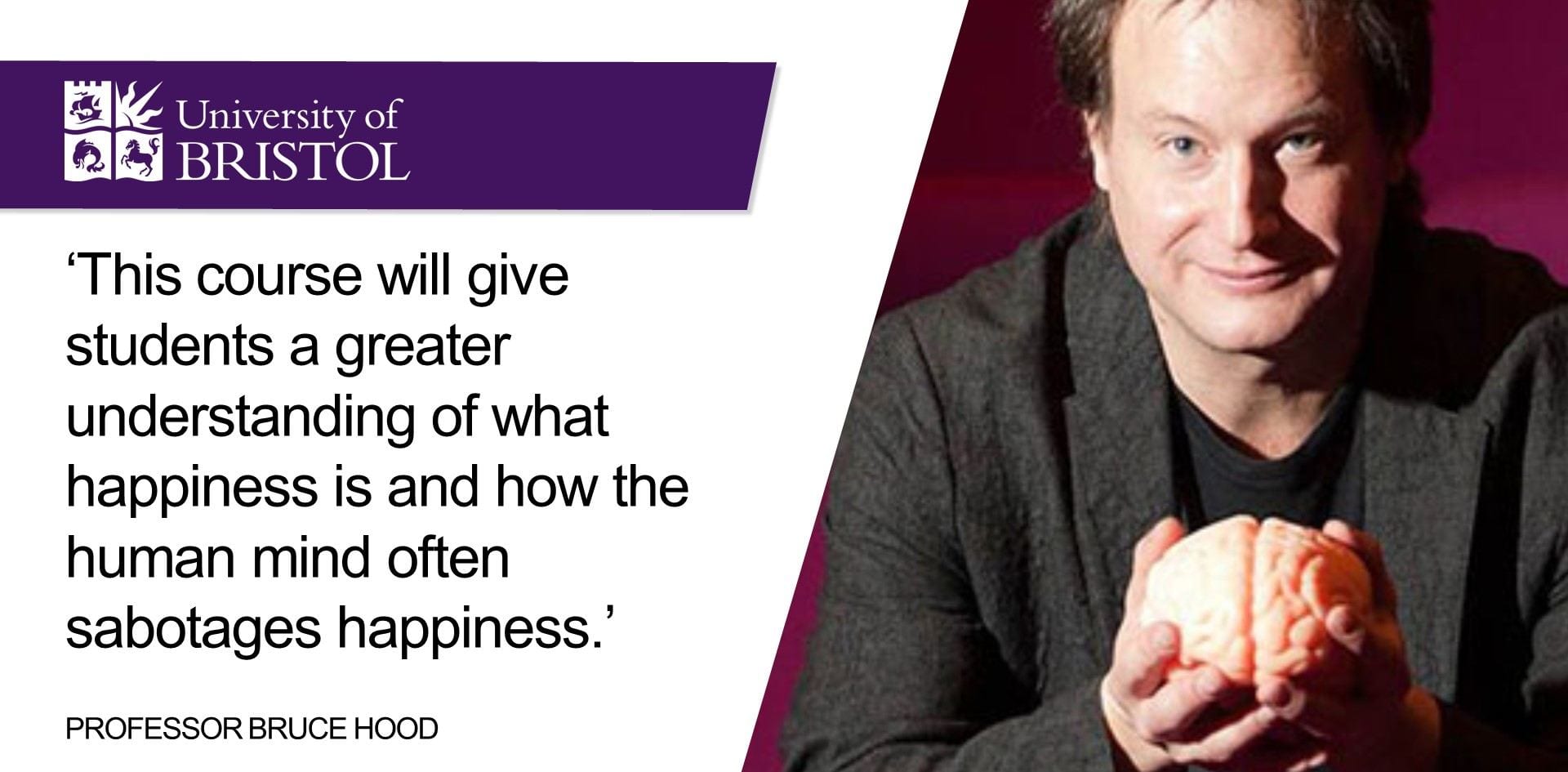Primary school children across the West country and beyond have been learning about brain science since 2013 thanks to an award-winning outreach programme led by Dr Dave Turk at the University of Bristol. This week a team led by PhD students Hugo Hammond and James Willmott visited two Year 6 classes at Kingsway primary school in Gloucester. This event marked a significant milestone for this highly acclaimed outreach programme, which has now engaged with more than 3,000 school pupils across the region.

The Brain Box Challenge is a free, hands-on practical workshop which educates primary school pupils in years 5 and 6 about what their brain looks like, how scientists study it, how it differs from animals and how it controls their behaviour. The session includes practical demonstrations, craftwork, games and brain puzzles as well as the opportunity to carry out some real experiments and the opportunity to see some real brains!
‘It was a fantastic session and unlike anything the children had experienced before – we couldn’t have wished for more. The session content was high level but pitched perfectly and our children became the first to score 10/10 on the final quiz. They were fully engaged and still talk about the session now. The team were very knowledgeable and really helped with our children’s understanding of what they were learning.’
Year 6 teacher at St Pius Xth primary school in Bishopsworth.
In the 2018-2019, the team saw over 225 students in six separate visits to primary schools. These included Kingsway – Gloucester, Buckfastleight – Devon, Northleaze – N Somerset, Horfield and St Pius – Bristol and Farmborough – Bath. This workshop is part of the University of Bristol’s wider public engagement efforts, which regularly see staff and students sharing their work with the public to benefit the wider city and society.


‘Brain Box Challenge was a wonderful example of the type of hands-on and interactive outreach activities that the University offers to local primary students. It inspires future generations of budding scientists to keep up their science subjects at secondary schools so that they are able and wanting to apply to one of the Life Sciences courses later on.’
Dr Gail Born, the Faculty Engagement Officer for Life Sciences.
———
The Life Sciences outreach team has seen over 2500 primary students in the last academic year in over 50 separate events in local schools. For further information, please visit out website.
For information on all of the outreach programmes offered by the Faculty of Life Science please visit www.bristol.ac.uk/life-sciences/outreach or contact us at outreach-fls@bristol.ac.uk.










